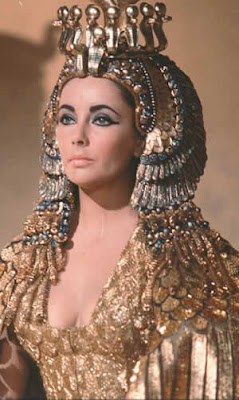 |
| Jean duJardin as George Valentin, in 'The Artist.' |
 |
| Rudolph Valention - in his role as 'The Sheikh.' |
"The fit of his [Brummell] gloves was achieved by entrusting their cut to two firms- one for the fingers, the other for the thumbs"
Harriett Wilson's Memoirs.
 |
| Beau Brummell - he made a career out of being a dandy. |
In his most famous movie, The Sheikh, Valentino reversed gender roles. He wore eye make up and flowing robes, whilst the heroine wore trousers. He appears confusingly feminine but his behaviour is masculine, which cinema audiences of the day found hugely exciting. Valentino understood this and reflected it in his off-screen life, presenting an exotic, almost feminine image, but could sweep women off their feet with his masculinity. His hallmark, on and off screen, was to woo as a woman might: slowly, attentively and savouring each moment, and yet when the time was ripe, close in with thrilling boldness.
What Valentino managed on a huge scale was the mass seduction of women via the cinema screen. When he died at the tragically young age of 31 (from surgical complications)America
What Valentino managed on a huge scale was the mass seduction of women via the cinema screen. When he died at the tragically young age of 31 (from surgical complications)
 |
| The Sheikh - Valention in his most successful role. |
"Dandies please women by displeasing themselves"
Barbey d'Aurevilly.
Something of this aloofness was reflected by the consummate dandy, Oscar Wilde. Whilst attending the first performance of one of his plays, the audience appealled for Wilde to appear on stage. He made them wait and wait, and when he eventually distained to agree, he explained the delay thus:
"It may be bad manners to appear here smoking, but it is far worse to disturb me when I am smoking."
Oscar Wilde.
 |
| Oscar Wilde. |
And finally, dandies live for pleasure, rather than work. They love to surround themselves with beautiful things and eat wonderful food. By making everything an aesthetic choice, when they deign turn their attention on a woman, she doesn’t stand a chance!




























